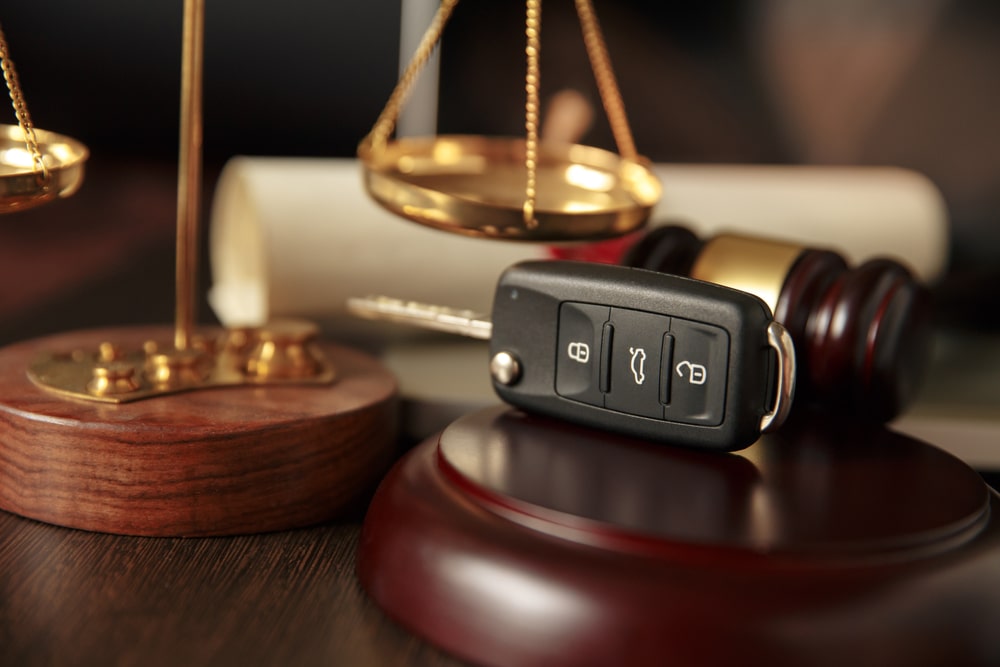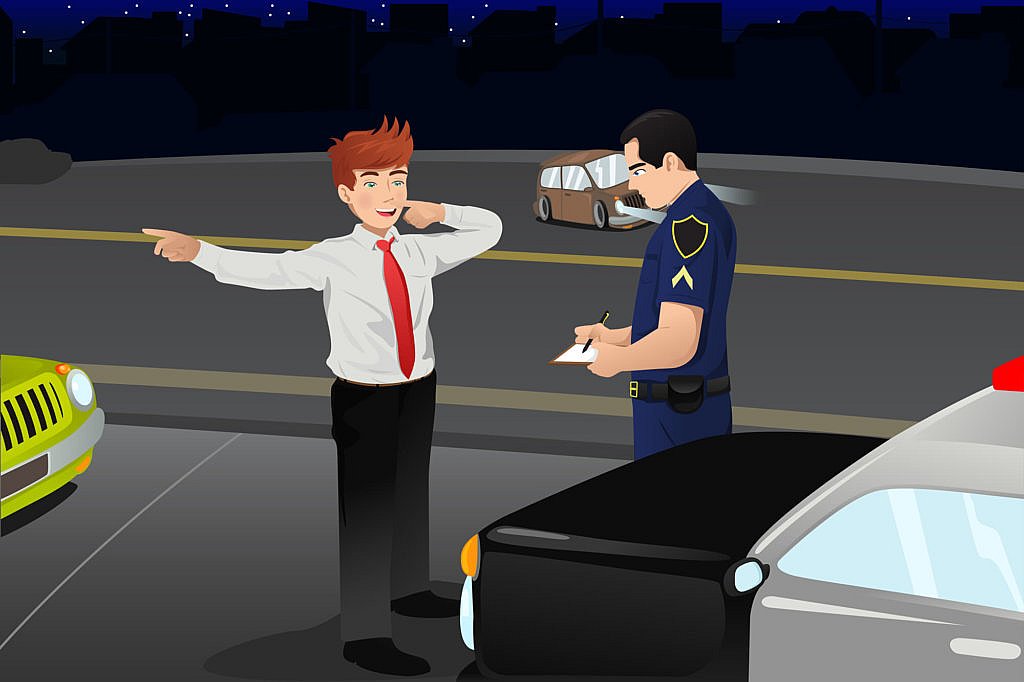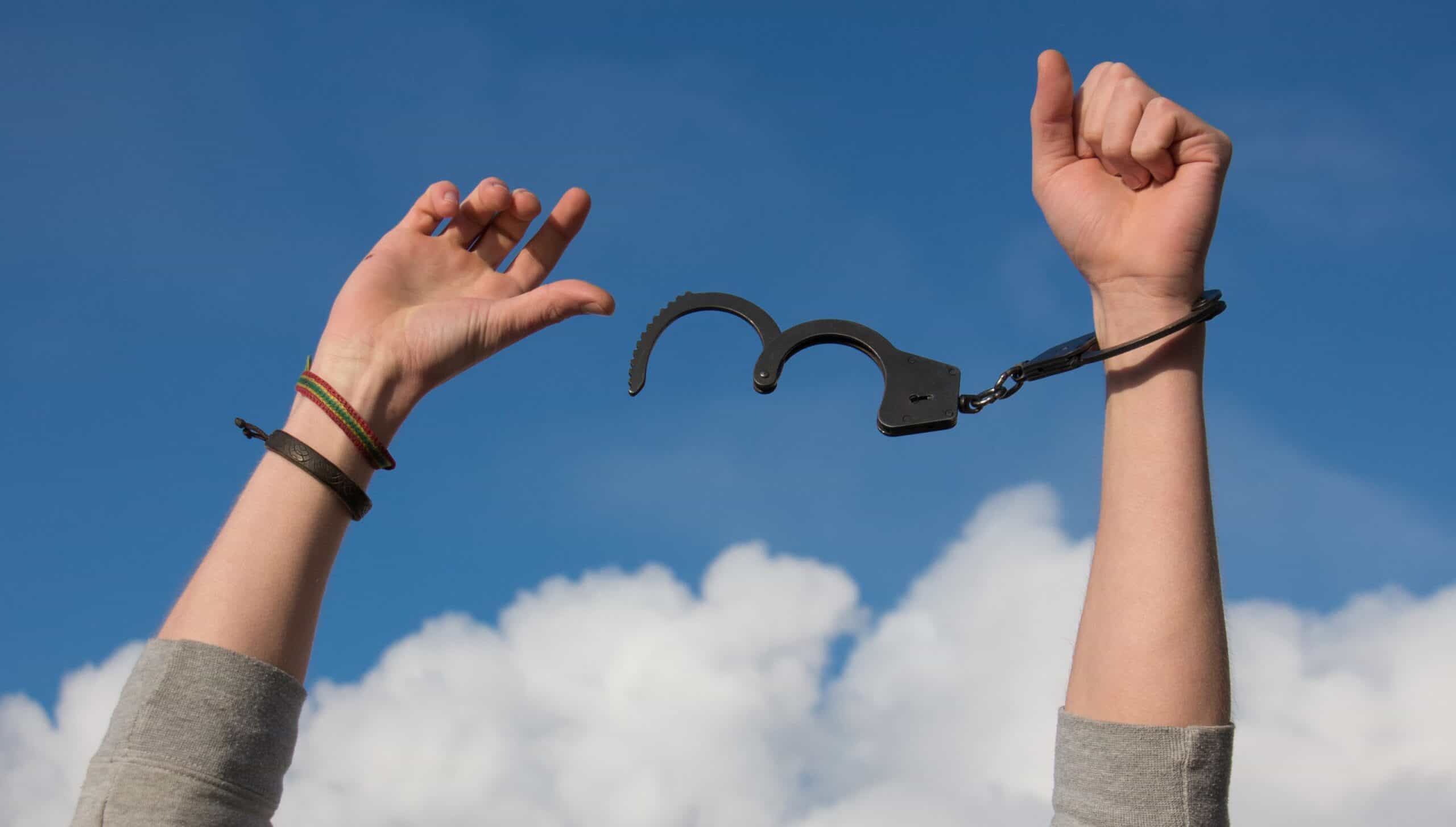If you’re asking yourself, “Do I need a lawyer for a DUI trial?”—the short answer is yes. But the long answer dives into the complex world of DUI law, courtroom dynamics, and the critical decisions you’ll face before, during, and after trial. A DUI trial isn’t like fighting a traffic ticket. It’s a formal legal process where your freedom, finances, and future are all on the line.
In this article, we’ll unpack everything you need to know about going to court for aDUI charge. You’ll get real-life stories, legal insights, and an honest look at what happens if you go it alone versus hiring professional representation. Whether you’re already facing charges or just trying to understand how a DUI trial works, this guide is designed to walk you through the key moments that can make or break your case.

What Exactly Is a DUI Trial?
A DUI trial is the courtroom phase of a driving under the influence case where the prosecution tries to prove—beyond a reasonable doubt—that you were operating a vehicle while impaired by alcohol or drugs. While most DUI cases end in plea deals, some do proceed to trial, especially when the evidence is questionable or the defendant wants to fight for a clean record.
Bench Trial vs. Jury Trial in DUI Cases
If you end up at a DUI trial, you’ll face one of two formats:
- Bench trial: A judge hears the case and makes the final decision.
- Jury trial: A group of peers evaluates the evidence and delivers a verdict.
The format you choose can affect everything from how the evidence is weighed to how your case is perceived. Each has advantages, but knowing which works best depends on the details of your DUI trial and your legal strategy.
Real Story: When Going Without a Lawyer Went Wrong
Take the case of Carlos, a 27-year-old mechanic from San Antonio. He was pulled over for a broken taillight, and the officer claimed he smelled alcohol. Carlos admitted to “just a couple of beers,” and was arrested. He thought the breath test would clear him—after all, he wasn’t drunk. But the test showed a 0.08BAC, right at the legal limit.
Carlos decided to represent himself, thinking he could explain the misunderstanding. But once in court, he quickly realized he was outmatched. The prosecutor presented polished arguments, cross-examined witnesses, and cited case law Carlos had never heard of. He lost the DUI trial and was slapped with fines, license suspension, and a criminal record.
That’s when he realized: defending yourself at a DUI trial without a lawyer isn’t brave—it’s risky.
Why a DUI Trial Is More Complicated Than You Think
At first glance, a DUI case might seem cut and dry. Maybe the police have a breathalyzer result, some dashcam footage, and a field sobriety test report. But dig deeper, and you’ll see why hiring a lawyer isn’t just helpful—it’s often essential.
Common Issues a DUI Lawyer Can Spot
- Improper traffic stop: Was there probable cause to pull you over?
- Breathalyzer reliability: Was the device calibrated? Maintained? Administered correctly?
- Chain of custody errors: Was your blood sample properly collected and stored?
- Field sobriety test flaws: Were you tested on uneven pavement, in bad weather, or while tired or injured?

Most people without legal training don’t know how to challenge these aspects, but an experienced lawyer does. And when it comes to your DUI trial, those details can mean the difference between conviction and acquittal.
What Does a DUI Trial Actually Look Like?
Understanding the courtroom flow of a DUI trial helps you appreciate how vital legal representation really is. Here’s a step-by-step look at what you’ll face:
1. Jury Selection (if applicable)
Both the prosecution and defense ask potential jurors questions to weed out bias. A skilled DUI lawyer knows how to spot jurors who might already believe you’re guilty just because you were charged.
2. Opening Statements
This is where each side outlines their version of what happened. A lawyer crafts a narrative that plants doubt in the jury’s mind from the beginning.
3. Presentation of Evidence
The prosecution presents its case first: police testimony, video footage, chemical test results. Then, your defense team has the chance to cross-examine and later present your own witnesses or counter-evidence.
4. Closing Arguments
Each side wraps up its case, trying to leave the jury with a lasting impression. This is where your attorney ties everything together and drives home any reasonable doubt.
5. Verdict
The jury (or judge, in a bench trial) delivers the verdict. If guilty, sentencing will follow.
At every stage, the stakes are high—and going through it without a lawyer leaves you vulnerable to procedural errors, missed objections, and unchallenged testimony.
How Prosecutors Handle DUI Trials
Here’s something most defendants don’t consider: DUI prosecutors are trained professionals with one job—convictions. They’ve seen hundreds of DUI cases and know exactly how to present evidence that paints you in the worst light.
They’ll rely on:
- Officer credibility
- Test results
- Field sobriety performance
- Any statements you made
Even if you believe you’re innocent, prosecutors know how to create a convincing story. This is why having someone on your side who understands the game is critical.
Do You Need a Lawyer for DUI Trial If It’s Your First Offense?
Many people wonder if a first DUI charge is “minor” enough to handle alone. But don’t be fooled—a first offense still carries serious consequences.
Penalties for First-Time DUI Conviction Often Include:
- Fines between $500–$2,000
- Driver’s license suspension
- Mandatory DUI education or treatment
- Probation or even jail time
- A permanent criminal record
A DUI lawyer might be able to help you:
- Negotiate a lesser charge (like reckless driving)
- Suppress damaging evidence
- Avoid jail and license suspension
- Explore diversion programs

So even if it’s your first time, going into a DUI trial without legal help is a gamble.
The Cost of a DUI Lawyer vs. the Cost of Losing
Let’s talk money. Yes, lawyers can be expensive. But what you’ll pay in fines, increased insurance premiums, and lost income after a conviction often costs more in the long run.
DUI Lawyer Cost Breakdown:
- Simple DUI case: $1,500–$3,000
- Complex or trial-bound case: $5,000–$10,000+
DUI Conviction Cost Without a Lawyer:
- Fines: $1,000+
- Insurance increases: $1,000–$2,500/year
- Court fees: $300+
- Lost wages/job: variable
- Long-term impact: immeasurable
So while it might feel like saving money to skip the lawyer, it could cost you a lot more in the end.
Can You Use a Public Defender in a DUI Trial?
If you can’t afford a private attorney, the court may appoint a public defender. These lawyers are often experienced and can offer solid representation. But keep in mind:
- They’re overworked and under-resourced.
- They may not have time to give your case personalized attention.
- You don’t get to choose your public defender.
That said, a public defender is still far better than representing yourself. If your only choice is public defense or going it alone—choose the lawyer.

What Happens If You Represent Yourself?
It’s your legal right to represent yourself in court. But just because you can doesn’t mean you should. Self-represented defendants often:
- Miss filing deadlines
- Fail to object to improper evidence
- Say things that hurt their case
- Struggle to understand courtroom procedures
The DUI trial process is full of legal landmines. One misstep can destroy your defense. That’s why most legal experts—even judges—strongly advise against self-representation in criminal matters like DUI.
Real Case: The Lawyer Who Turned a Case Around
Let’s go back to Houston for this one. A man named Derek was arrested after swerving on a wet road late at night. Police claimed he was intoxicated based on the field sobriety test and the odor of alcohol. Derek hired a DUI lawyer who reviewed the dashcam footage and noticed the officer didn’t follow the standard test protocol. He also discovered that the breathalyzer had failed a calibration check days earlier. That detail, while small on the surface, completely undermined the reliability of the prosecution’s key evidence.
The case was dismissed. That’s the power of having a trained advocate who knows how to investigate and argue the fine points of DUI law. Without his lawyer’s sharp eye and timely motions, Derek could have ended up with a conviction that followed him for years.
Final Thoughts: The Smart Move in a DUI Trial
If you’ve been wondering, “Do I need a lawyer for DUI trial?” now you know that the risks of going it alone are simply too high. From understanding the legal landscape to protecting your rights in court, a skilled lawyer is often your best shot at walking away with minimal damage—or even a full acquittal.
Every DUI case is different, but what doesn’t change is this: your future is worth fighting for. And when it comes to facing a DUI trial, you want someone in your corner who knows the law, the system, and how to win.
Let me know when you’re ready to build this out to a full 4000 words—I can add more courtroom strategies, explore alternative sentencing options, or provide a state-by-state breakdown of DUI trial outcomes.


